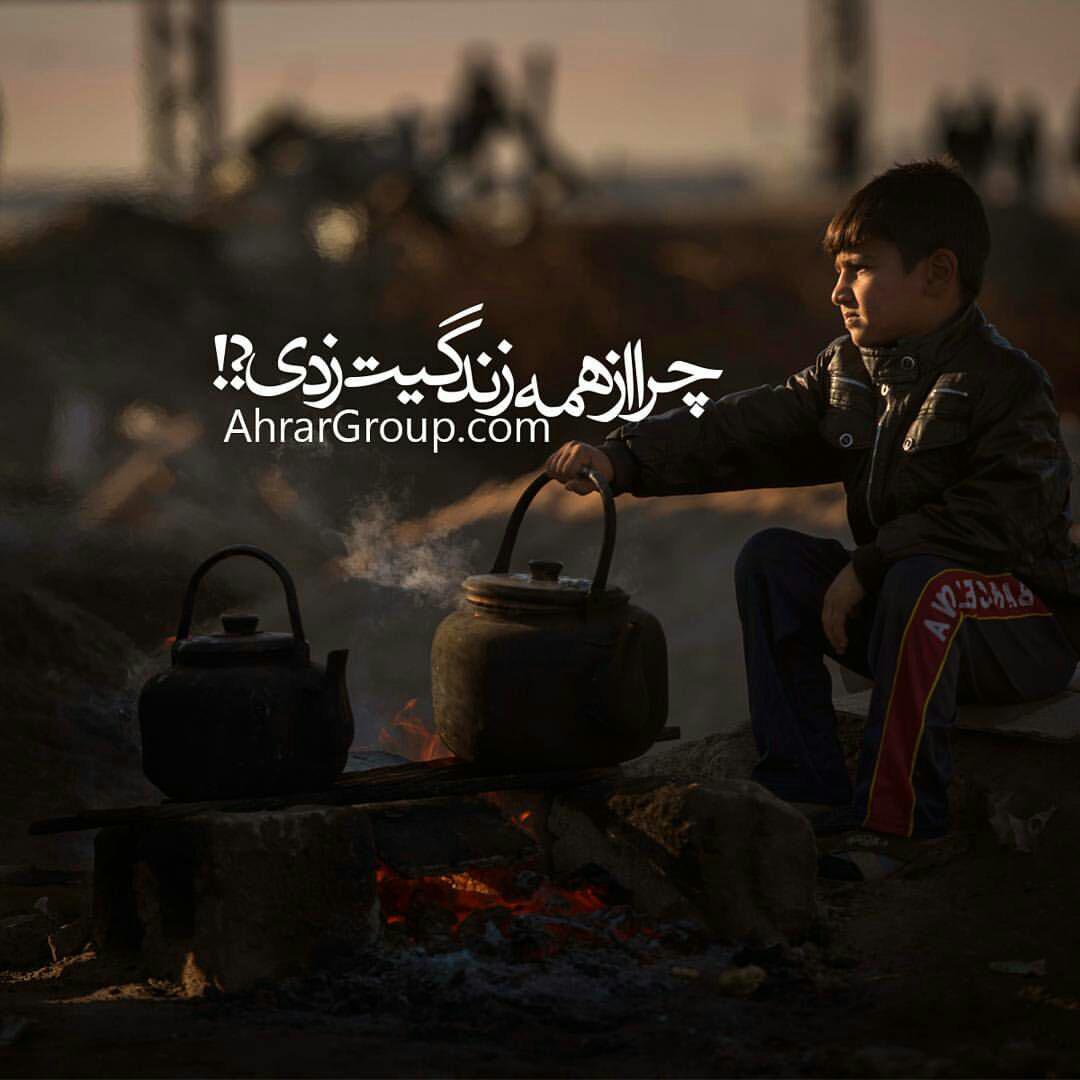دستگاههای حیاتی در زندگی انسان The vital machines
به نام خدا
فرض کنیم دستگاهی داریم که خیلی پیشرفته و پیچیده است، خیلی حساس هست و استفاده از اون، برامون خیلی حیاتیه و در نتیجه خیلی مهمه که درست کار کنه و خراب نشه..
Suppose that we have a complicated machine, so sensitive that is absolutely vital to use. Then, it is very important to work properly.
مثلا فرض کنیم این دستگاه به قلب وصل میشه و بد کار کردن یا خراب شدنش موجب مرگ میشه. سوالی که به طور طبیعی برای انسان مطرح میشه اینه که چطوری میشه طرز استفاده از این وسیله رو فهمید؟ با توجه به اینکه دستگاه، خیلی حساس و پیچیده است، عاقلانه نیست که به شیوهی آزمون و خطا پیش بریم. پس راه عاقلانه چیه؟
For example, it should be connected to your heart therefore, its breakdown will cause death. The common question arise is how you can discover its mechanism to use it correctly. Of course, the trial and error method is not advisable. What is the best way?
وقتی یک دستگاه جدید میخریم و اون رو از داخل جعبه بیرون میآریم، اولین چیزی که بجز خود دستگاه دنبالش میگردیم، کتابچهای هست که طرز استفاده از دستگاه رو توضیح داده. این کتابچه معمولا دردستگاههای پیچیدهتر، قطورتر هست و وجودش، ضروریتر.
When you buy a new machine and take it out of its box, at first, you look for a handbook or user guide to know how to use the machine. This handbook is thicker and more necessary for more complicated machines. The more complicated machine, the more necessary and thicker handbook is in need.
گاهی اوقات ممکنه بعضی از کاربران نیاز داشته باشند شخص متخصصی، در مورد خود کتابچه براشون توضیحاتی بده.
Sometimes, users need an expert to explain and interpret the handbook.
پس دستگاهی که خیلی پیچیده، حساس و حیاتی باشه، نیاز به یک کتابچه و یک متخصص داره که به ما یاد بدن چطور باید از دستگاه استفاده کرد.
Therefor each complicated, sensitive and vital machine, needs a user guide and an expert person that teach us how to use it.
اما سوال دوم اینه که کتابچه و متخصص چقدر قابل اعتماد هستند؟ به چه کتابچه و چه متخصصی میشه اعتماد کرد؟
The second natural question arises, is that “which handbook and which person are trustable?”
تقریبا جواب واضحه نه؟ کتابچهای که داخل جعبه هست قابل اعتماده چون شرکت سازنده، یعنی مرجعی که بیش از همه در مورد دستگاه میدونه، داخل جعبه قرارش داده و متخصصی قابل عتماد هست که شرکت معرفیش کرده باشه. و البته اگر هرکس طبق تجربیات خودش در مورد کار با دستگاه چیزی بنویسه یا بگه که با نوشتهی کتابچه یا گفتهی متخصص در تناقض باشه از او نمیپذیریم.
The answer is almost clear, isn’t it? The handbook that exists in the box and someone who is identified by the company- someone who hast the most knowledge about the machine- are trustable. Of course, if someone writes about his experiments with such a machine, contradicting with the handbook or the approval experts’ statement will not be accepted.
واضحه نه؟
Isn’t it clear?
هر انسانی، دو تا دستگاه پیچیده و حساس داره که دانستن طرز استفاده ی اونها خیلی حیاتی و مهمه. یکی جسم و دیگری روح که روح پیچیدگی بیشتری داره و نیازش به کتابچه بیشتر.
Each person has two such complicated and sensitive machine that is very vital to know how to use. His “body” and his “spirit”. The most complicated and sensitive and vital machine in our life.
The spirit is more complicated and the existence of its handbook is more necessary.
چرا وقتی نوبت به مهمترین و حساسترین و پیچیدهترین دستگاهمون میرسه، به هر کتابچه و هر متخصصی با دیدهی اعتماد نگاه میکنیم و هرچه که متخصصین مورد تایید شرکت سازنده میگن، ازشون اثبات میخواهیم؟!
Why we trust each handbook or person about these vital machines, while we reject the real experts (senders from Allah) and the real handbook (holly Quran).
یکی از سوالات جدی که توی ذهن خیلیها هست اینه که آیا در دنیای تکنولوژی، جایی برای دین وجود داره؟

